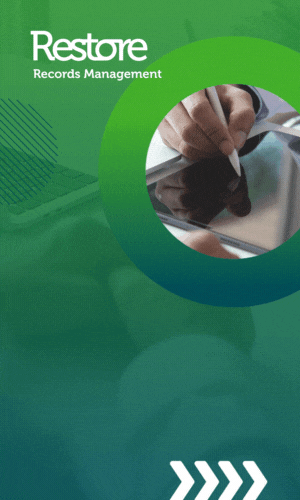Health services across Stoke-on-Trent and North Staffordshire are logging on to the latest in digital technology to support people to stay fit and well – and are encouraging patients to use the hi-tech help on offer to look after themselves.
Using text messages, social media, digital images and phone apps, Staffordshire medics are pioneering the use of technology to help monitor and treat long-term conditions and to offer advice and support to patients – innovations which are being taken up across the UK and beyond.
CCG clinical telehealth facilitator Chris Chambers said: “People sometimes regard Stoke-on-Trent as a city relying on its industrial past and bypassed by the modern world but our local NHS is a national leader in using simple technology to improve the care of patients.
“We want patients to understand how embracing the technology-enabled health and social care now on offer can make their lives easier.”
Text messaging through a free system known as ‘Florence’ or ‘Flo’ means that instead of queuing up to see the GP or nurse for a regular blood pressure check, a patient’s readings can be sent to a website which can be monitored from time to time as agreed by a clinician. The automated messages can remind people to take their tablets or their inhaler, or check whether someone is feeling unwell, and give standard automated advice depending on the replies from the patient.
Mr Chambers added: “It isn’t a substitute for a GP or nurse, but it does help people to understand how to manage their health condition better. They become more confident and don’t need to go to their GP’s surgery as often. For some conditions, patients can keep medication ready in the cupboard for times when they are unwell and the text messages can send questions to see if they need to take the standby tablets and relay automated guidance.”
Flo, which was introduced to patients in 2011, can also help people with mental health issues, offering advice by text to help when they are feeling anxious or depressed. Patients with dementia can receive tips by text on how to manage their lives or use a ‘sense cam’ – a camera worn around the neck which takes pictures triggered by sound or movement. Downloaded to watch on a laptop, these images remind people what they did the previous day, which can have a positive effect on their feelings of well-being.
Flo telehealth, which was developed in Stoke, is being used by North Staffordshire and Stoke-on-Trent Clinical Commissioning Groups, as well as by health trusts and clinical commissioning groups across England, Scotland and Wales.
Another local innovation developed by hospital consultants allows a doctor to see clearly into someone’s ear, take a digital picture, and then send it direct to an ENT consultant, who can decide on a treatment plan without needing to see the patient first.
Keele University has developed ‘Manage your Health’ apps for diabetes, COPD, asthma and back pain in collaboration with patients and local and national clinicians. These apps offer advice, diagrams, and videos demonstrating such issues as how to use an inhaler or how to breathe in a more relaxed way, and are available free from the Apple App Store or Google Play.
General practices in the region have begun using Skype for follow-up appointments, and hospital departments and medical practices are using Facebook to offer patients facing similar situations an opportunity to connect – to give and receive peer support.
Several general practice Patient Participation Groups also hold meetings and interact with members via Facebook, and YouTube is also being used to give more formal talks about medical conditions offer or advice about preventing illnesses.
Mr Chambers added: “While most of this simple technology is used in the NHS, a wide range of gadgets is helping to keep people safe and independent through social services. Alarm systems linked to relatives or call centres can provide the reassurance that if you get into difficulties, someone can be alerted to come and help. Other devices can tell whether you’ve moved around the house, fallen over, or gone outside.
“There are also gadgets which can tell if your house is too cold, or if there’s a flood, and there are electronic pill dispensers, speaking clocks or watches, or amplifiers for phones or doorbells – all designed to help people to stay at home where they want to be.”
People across Stoke and North Staffordshire are being encouraged to consider using these technological advances to help them receive treatment and manage long-term conditions, and local taster courses are planned for later in the year give patients the opportunity to learn more.
Dr Ruth Chambers, Chair of Stoke-on-Trent Clinical Commissioning Group, said: “We need to provide technology-enabled care so that it becomes just one of our usual methods of delivering top quality care from any NHS setting – rather than ‘something special’.
“That way, patients can have access to the most appropriate type of care that matches what they need, whether their preference is for face-to-face delivery or remote and convenient care.”





